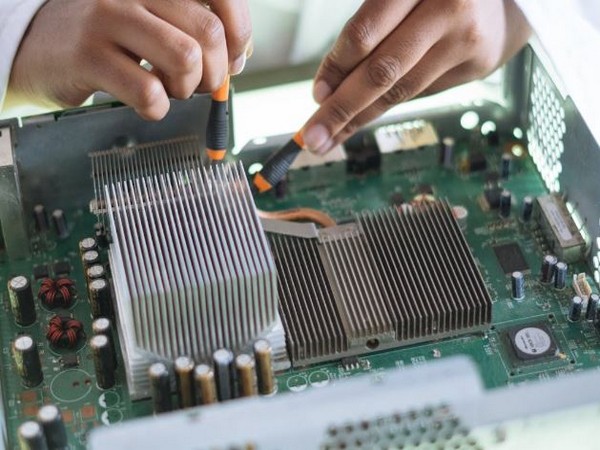India Urged to Deepen Ties with Taiwan, Japan in Semiconductor Push: Report
India should bolster collaborations with Taiwan and Japan to enhance its semiconductor ecosystem, says a report by Elara Securities. Despite extensive efforts and incentives, Taiwan's major semiconductor firms remain hesitant to invest in India. Meanwhile, India's domestic demand for semiconductor chips is projected to exceed USD 100 billion by 2030.

- Country:
- India
India should deepen its partnerships with countries like Taiwan and Japan to strengthen its presence in the semiconductor ecosystem, according to a report by research firm Elara Securities. Taiwan currently dominates the global semiconductor manufacturing landscape, with its companies accounting for 78 percent of fab production and 53 percent of the assembly, testing, and packaging (ATMP) market.
Despite this global dominance, over 312 Taiwanese firms have shown minimal involvement in India's budding semiconductor industry. The report points out that despite aggressive government incentives, key Taiwanese players such as TSMC have not taken substantial steps to establish facilities in India, partly due to geopolitical tensions in the Taiwan Strait.
Key industry players like TSMC and UMC are investing in semiconductor fabs in the U.S., Japan, and Germany. For example, TSMC is building new fabs in Arizona and Germany in collaboration with local suppliers but has made no similar commitments in India. Instead, Japan is training Indian workers, and Taiwan is investing in Southeast Asia's semiconductor clusters, actions which could be mirrored in India to enhance its semiconductor sector.
However, the report highlights some positive steps, such as the collaboration between Tata Group and Taiwan's Powerchip Semiconductor Manufacturing Corporation (PSMC) to construct a 28-nanometer fab plant in India. It emphasizes the need for India to improve its infrastructure and manufacturing capabilities to pull in more investments, select the right companies to boost manufacturing yields, and develop a robust semiconductor ecosystem.
The report also raises concerns about the talent pool. While many Indian students receive semiconductor training in Taiwan, a majority of them prefer to remain abroad, hampering India's potential to develop a skilled local workforce. Furthermore, enhancements in infrastructure, intellectual property laws, and regulatory practices are crucial to attract global semiconductor manufacturers.
On the global stage, India could seize opportunities from shifting trade dynamics, especially as the U.S. and EU look for alternatives to Chinese components in their supply chains. Domestically, India's demand for semiconductor chips is anticipated to surpass USD 100 billion by 2030, mainly driven by rising consumer demand for electronic products.
(With inputs from agencies.)
ALSO READ
Biden Blocks Nippon Steel's $14.9B U.S. Steel Purchase, Heightens U.S.-Japan Tensions
U.S. State Department Greenlights $3.64 Billion Missile Sale to Japan
Assam CM Seeks Tata Group's Collaboration for Advantage Assam 2.0
Biden Blocks Japanese Takeover: Future of US Steel at Crossroads
Philippines Bolsters Coastal Surveillance with Japanese Radars Amid Rising Geopolitical Tensions










